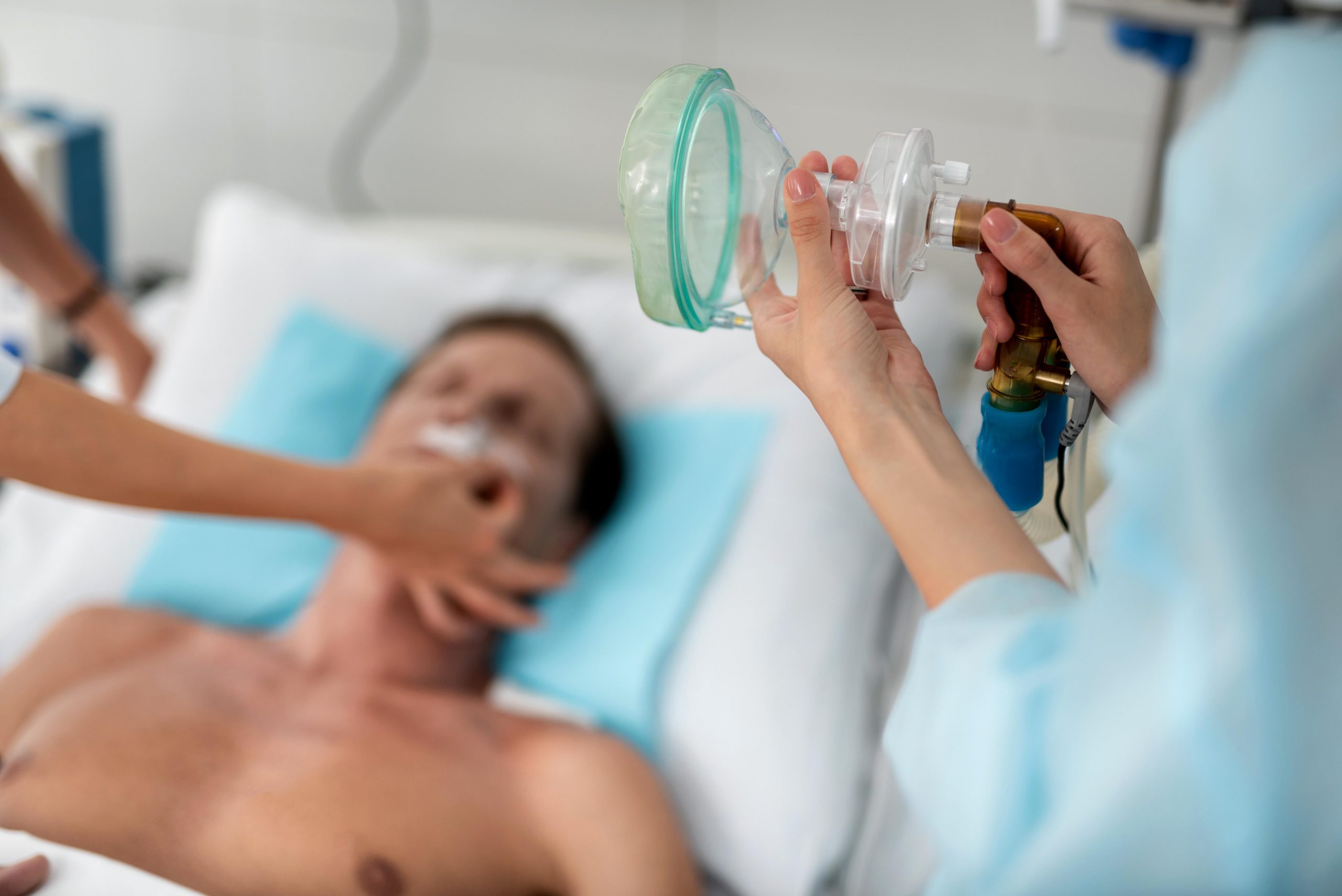
Men with low testosterone levels may be more likely to have more severe illness when infected with COVID-19, according to a new study.
Treating men who have low testosterone with hormone therapy may reduce their risk of serious illness from COVID, researchers said, but it comes with other risks that doctors and patients will need to weigh.
The investigators analyzed the cases of more than 700 men who tested positive for COVID — most before vaccines were available.
Men with low testosterone (low-T) who contracted the virus were 2.4 times more likely to require hospitalization than men with normal hormone levels. But men who had been treated successfully for low-T before catching COVID were not more likely to be hospitalized.
“Low testosterone is very common; up to a third of men over 30 have it,” said study co-author Dr. Abhinav Diwan, a professor at Washington University School of Medicine in St. Louis.
“Our study draws attention to this important risk factor and the need to address it as a strategy to lower [COVID] hospitalizations,” Diwan said in a school news release.
Researchers had previously found that men hospitalized with COVID had abnormally low levels of the male hormone. But they didn’t know whether low-T is a risk factor for severe COVID or a result of it.
For that, they needed to find out whether men with chronically low testosterone levels — before illness or after recovering — were getting sicker than men with normal levels.
From two hospital systems in the St. Louis area, researchers found 723 men with COVID whose testosterone levels were on record. They identified 427 men with normal testosterone levels; 116 with low levels; and 180 who were being successfully treated for low levels.
They had confirmed cases of COVID in 2020 or 2021 and low-T either before or after their infection.
“Low testosterone turned out to be a risk factor for hospitalization from COVID, and treatment of low testosterone helped to negate that risk,” said co-author Dr. Sandeep Dhindsa, an endocrinologist at Saint Louis University.
Dhindsa noted that the risk “really takes off” when levels of testosterone in the blood are below 200 nanograms per deciliter. The normal range is 300 to 1,000.
“This is independent of all other risk factors that we looked at: age, obesity or other health conditions,” Dhindsa said in the release. “But those people who were on therapy, their risk was normal.”
The study suggests, but doesn’t prove, that low testosterone is an independent risk factor for COVID hospitalization, similar to diabetes, heart disease and chronic lung disease. A clinical trial would be needed to prove this link between low-T and severe COVID-19.
Low testosterone levels can cause sexual dysfunction, depressed mood, irritability, difficulty with concentration and memory, fatigue, loss of muscular strength and reduced sense of well-being.
Some doctors treat the condition only if a man’s quality of life is diminished, because testosterone therapy may increase his risk for prostate cancer risk and heart disease.
“In the meantime, our study would suggest that it would be prudent to look at testosterone levels, especially in people who have symptoms of low testosterone, and then individualize care,” said Diwan, a cardiologist. “If they are at really high risk of cardiovascular events, then the doctor could engage the patient in a discussion of the pros and cons of hormone replacement therapy, and perhaps lowering the risk of COVID hospitalization could be on the list of potential benefits.”
The findings were published Sept. 2 in JAMA Network Open.
More information
The U.S. National Library of Medicine has more on low testosterone.
SOURCE: Washington University School of Medicine in St. Louis, news release, Sept. 2, 2022
Source: HealthDay
Copyright © 2024 HealthDay. All rights reserved.

Leave a Reply